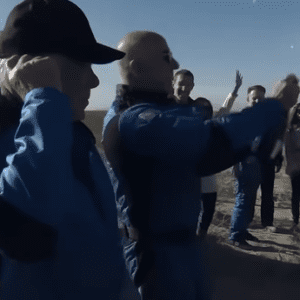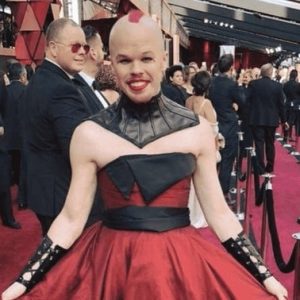A couple of years back, I thought MBBS is the toughest phase of life.
19 subjects, 4 professional university examinations. Final MBBS was a nightmare. We had practicals back to back.
Tons of books. Never ending reading. And each subject was an ocean in its own right.

I remember studying all night. And hardly sleeping 3–4 hours at night during my final university examination. JIPMER is notorious for making people repeat final year and the pass percentage is not great. Luckily, I made it out alive at one go.

And then came MD.
I thought MD would be easier. It is one subject that you’re focusing on. Everything A to Z in one subject.
But, I was proven wrong.
Pathology is vast. There is histopathology. There’s hematology. And there’s cytology. Then, there’s autopsy. And thesis.
Under Histopathology, every system has thousands of books. There’s no end to knowledge.
I still feel that MD is academically easier than MBBS. Because you’re down to one subject. You are not going to read Obgy on one day and Pediatrics the next.
But, because there’s a dearth of time (you’re at work all day, till the day before your examination), you don’t get to read. You start reading at the end moment, spend sleepless nights, drench yourself in coffee and somehow clear your exams with your working memory.
MBBS vs MD. I don’t think I’d ever be able to pin point at which is tougher.
At this point, since I’m 5 months away from my MD finals and 1 month short of thesis submission, there’s nothing tougher than MD. But, I’m pretty sure, a few years back, I’d have said that there’s nothing worse in life than final MBBS examinations!
I am so waiting for the whole academic phase of my life to end 😁!


While doing MBBS, I used to think that nothing can be tougher than this. Learning 20 subjects in depth to be able to treat patients.
Then i did my internship and realized, most of what i learnt in MBBS was so basic i was hardly able to diagnose the patient’s condition and write only basic investigations. I almost knew only 1% of what the residents ( post-graduates) knew.
Then i sat and prepared for my entrance exams, learnt so much more that i felt i knew a lot now. Those entrance exams were so tough that I felt that this was the toughest phase I would ever go through. Then I chose orthopaedics.
In my MS time as resident, I had to treat patients every day by the hundreds, scores of surgeries every week. Till then, the theory I had learnt was just a guidance. Every case was different, every procedure new. Initially, it was so tough, i was wondering, how could a human even handle so much. But then, I got moulded into it. The more I read, the more I realized that till then, i hardly knew anything.






